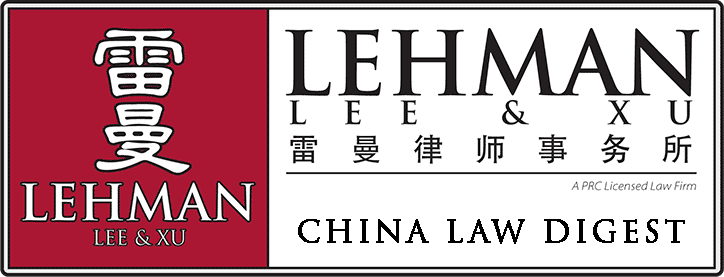More than 700 tons of smuggled solid waste has been sent back to the Netherlands, its country of origin, Chinese authorities said on Friday.
The illegal shipment consisted of 30 containers holding 763 tons of household garbage, which had been smuggled into China from the Netherlands. They were loaded onto ships at Zhangjiagang, in Jiangsu province, on Friday morning and will reach the Port of Rotterdam at the beginning of July, according to a statement released by customs authorities in Nanjing, capital of the province.
Smuggled in with the aid of fake shipping documents, the batch of waste was bought by Hepu, a trading company in East China's Anhui province, through a firm in Taiwan, the statement said.
"We paid more attention to this case because the shipped waste is household rubbish that should be banned from entering our country according to Chinese laws and regulations," said Si Yongsheng, deputy director of the Nanjing Customs office.
On Dec 29, Xin Fei Zhou, a cargo ship carrying the 30 containers, arrived at the Zhangjiagang port. A document onboard said they contained waste paper, according to the statement.
"At first, we found that the quality of the first two containers' contents was fine and thought it was nothing different from before," Si said.
Even so, customs workers continued unpacking the containers, eventually growing surprised at what they saw.
"Opening up the remaining containers was like turning over big trash cans," said a customs officer who took part in the check.
The garbage, which included musty paper, plastic bottles and rotten diapers, was scattered everywhere. Among it was trash that environmental experts would not allow to be imported, said the officer, who did not want to be identified.
Following an investigation, the customs workers found the case involved a trading company in Anhui province that had purchased the trash from a fiber company in the Netherlands, using a Taiwan company as an intermediary, the statement said.
Chinese regulations ban imports of solid waste that cannot be used as raw materials or that pose a serious risk to the environment.
"So companies might look for loopholes in the law and use their right to dispose of recyclable solid waste as a way to screen their transportation of household trash," the officer added.
On Feb 19, customs police arrested two men they believe are involved in the case. Police say one of them said he had made fake documents with a man surnamed Geng, who is suspected of smuggling, and that they had both given false information to customs officials.
Meanwhile, customs authorities found the Dutch company had been in the practice of transporting more than 2,000 tons of domestic garbage through Taiwan.
"The suspects decomposed the household rubbish," said Li Duokuan, director of the Nanjing Customs office, adding the authority will fight this kind of smuggling in the future.
A ton of refined newsprint now costs 2,000 yuan ($315) and a ton of plastic bottles 4,000 yuan, according to the statement.
Chen Liwen, a researcher at Green Beagle, a Beijing environmental protection group, say many businessmen have benefited from the trade in low-quality solid waste from foreign countries.
"If customs authorities can't check for these abuses in a stricter way, domestic garbage from developed countries will pollute our country and damage Chinese people's health," she said.
Zeng Xinhua, a researcher in the criminal law academy at Beijing Normal University, said the suspects in the case could be sentenced to spend at least five years in prison if they are found guilty, according to Chinese Criminal Law.
From the end of last year to March, customs authorities investigated five similar cases involving more than 4,000 tons of foreign household rubbish. Those led to the arrest of seven suspects.
In 2011, China's customs authorities uncovered 1,121 cases of the importation of illegal solid waste. They involved 10,400 tons of waste metal, 16,000 tons of waste plastics and 250,500 tons of other waste.
Web link: http://www.chinadaily.com.cn/china/2012-06/02/content_15454275.htm

